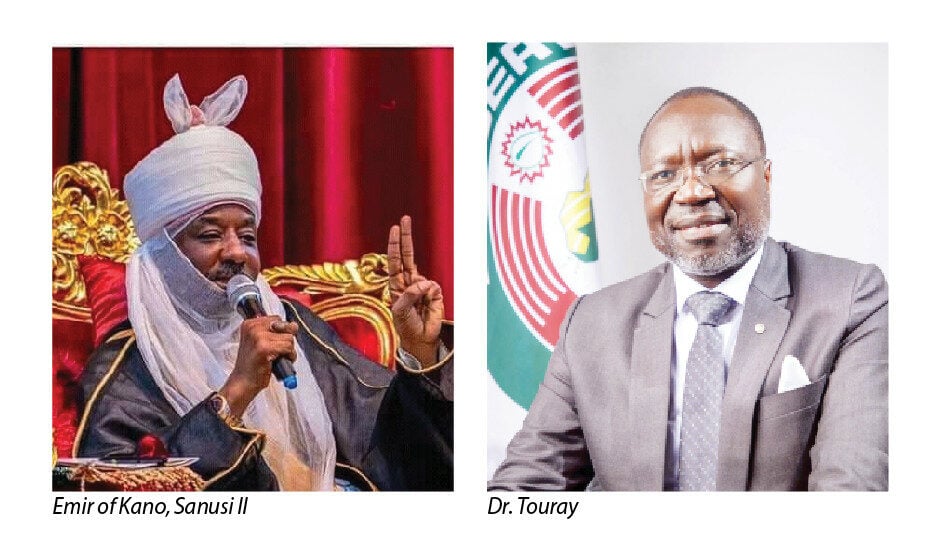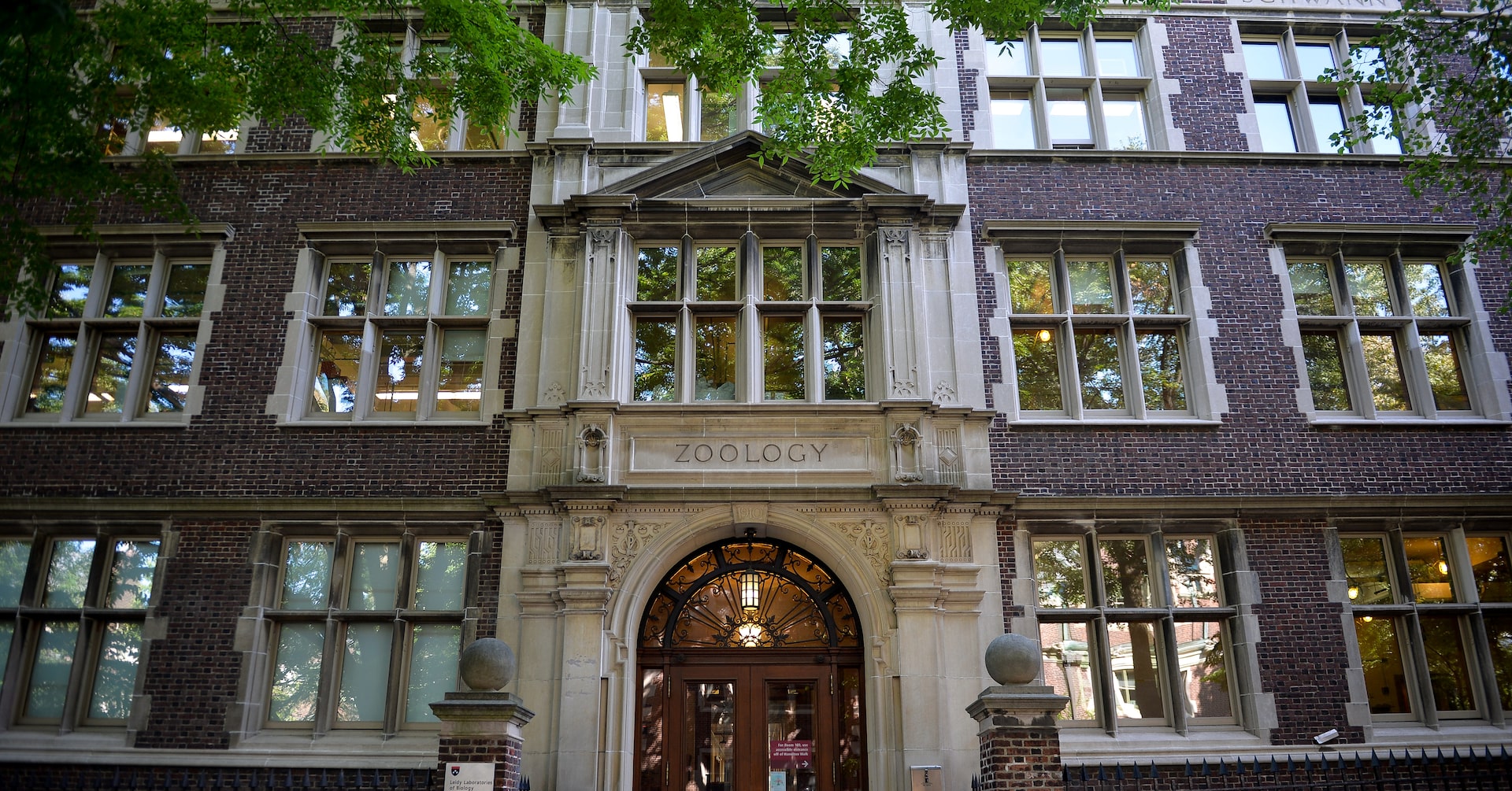Copyright leadership

A comprehensive approach to tackle violent extremism and terrorism appears to be underway in West Africa as the Economic Community of West African States (ECOWAS) and Islamic scholars have demonstrated uncommon resolve and unity to dismantle terror networks and structures in the sub region. The sub regional bloc and allied scholars seemed to have been jolted by the increasing devastation inflicted on citizens of the region, who are daily victims of death and destruction perpetrated by terrorists such as Boko Haram, Islamic Jihad, and ISWAP among others. Prompted by this menace, ECOWAS and Islamic scholars within the region organised the first West African Islamic Conference on Security and Governance in Abuja last Thursday to strengthen unity, cooperation, and the adoption of non-violent strategies to counter terrorism and violent extremism across West Africa and the Sahel. The conference, with the theme “The Role of Islamic Organisations in Countering Terrorism in the Sahel,” came with an impressive assemblage of prominent Islamic leaders, traditional rulers, political figures, scholars, and representatives from ECOWAS member states and international organisations. The focus, according to a communiqué issued at the end of the three-day event, was to build resilience and capacity to counter dangerous ideologies with humane values and strengthen reforms in the educational and social sectors against radicalisation. The conference featured 11 sessions under seven sub-themes, exploring economic, social, and political drivers of radicalisation. Within the scope of the far-reaching of ECOWAS’ Action Plan Against Terrorism, President of the ECOWAS Commission, Omar Touray, in his remarks, described the gathering as a landmark in regional cooperation against terrorism. Touray said the plan aims to strengthen security cooperation while promoting education and social reforms that address the root causes of extremism, a development that is urgent in view of the increasing threat of terrorism. Citing findings from the 2025 Global Terrorism Index, which identifies Africa as the new global epicentre of terrorism, Touray said “the Sahel region, in particular, has seen a dramatic increase in terrorism. We must combine kinetic and non-kinetic strategies to tackle the menace and modernise our traditional Quranic schools to prevent youth radicalisation”, Touray said. “We need to improve and modernise the school system and convert them into formalised centres of learning and economic empowerment,” he added. Royal Father of the day, Emir of Kano Muhammad Sanusi II, who also served as the President of Jamiyyatu Ansariddeen Attijaniyya in Nigeria, commended ECOWAS for its leadership and urged continued collaboration between governments and religious institutions. “Your commitment to regional peace and security is a beacon of hope for our citizens. Let us strive to create a region where every individual can live in peace, security, and dignity”, he said. He emphasised the role of faith-based organisations in promoting social cohesion, peacebuilding, and moral education across the subregion. Mohamed Chambas, African Union High Representative for ‘Silencing the Guns,’ said the goal of the forum was to design an action plan that leverages the influence of Islamic organisations in countering terrorism through non-kinetic means. Represented by Abdel-Fatah Musah, ECOWAS Commissioner for Political Affairs, Peace, and Security, Chambas said participants affirmed that authentic Islamic teachings promote peace, justice, and respect for human life, principles that reject all forms of violence. Often poverty, unemployment, political marginalisation and weak governance have been identified as key enablers of extremist recruitment and this is one area stakeholders must work to implement the Regional Declaration on Improving Islamic Education and Countering Violent Extremism adopted at the conference. It is on record that over 40 million children are out of school in the region and terrorism-related deaths have increased by 10 percent in the past decade. This is a very disturbing development triggered by poverty, which renders the children vulnerable to terror recruits. “We must empower Islamic organisations to promote peace, tolerance, and coexistence while strengthening cross-border cooperation”, Chambas warned. National Secretary of Jamiyyatu Ansariddeen Attijaniyya, Sayyid Yahaya, described the event as “a clear success” that reaffirmed the group’s belief in unity and collective action for peace in West Africa. Yahaya told journalists that representatives from 21 countries, including Mali, Niger, Burkina Faso, Algeria, Mauritania, and Lebanon, shared experiences on regional peace initiatives. “Our focus was to develop better non-kinetic approaches and strengthen the role of respected Islamic leaders in fostering stability across West Africa and the Sahel. “Collaboration, information sharing, and community involvement are crucial to achieving lasting peace. Terrorism and extremism have no religion. Even humanity itself rejects violence,” he said. Yahaya emphasised inclusivity in tackling insecurity, urging collaboration between Muslims, Christians, and adherents of other faiths. He welcomed Nigeria’s ongoing education reforms, particularly efforts to modernise the Almajiri system, stressing that private and community initiatives must complement government investment in education. “The government cannot fund education 100 percent. UNESCO recommends 26 percent of the national budget, but no West African country has reached 20 percent. That’s why community involvement is essential”, he said. The enthusiasm of the scholars notwithstanding, there must be an intentional approach to reform the education in Muslim societies. It is time to improve the conditions of the students of the Sangaya education (Almajiri system) in northern Nigeria, the Makaranta in Ghana, Madrasas, and all other education infrastructure within the sub region to transform them into abodes of tolerance, peace and social cohesion, while preserving the cultural identity of the institutions as envisaged by the organizers of the event.



